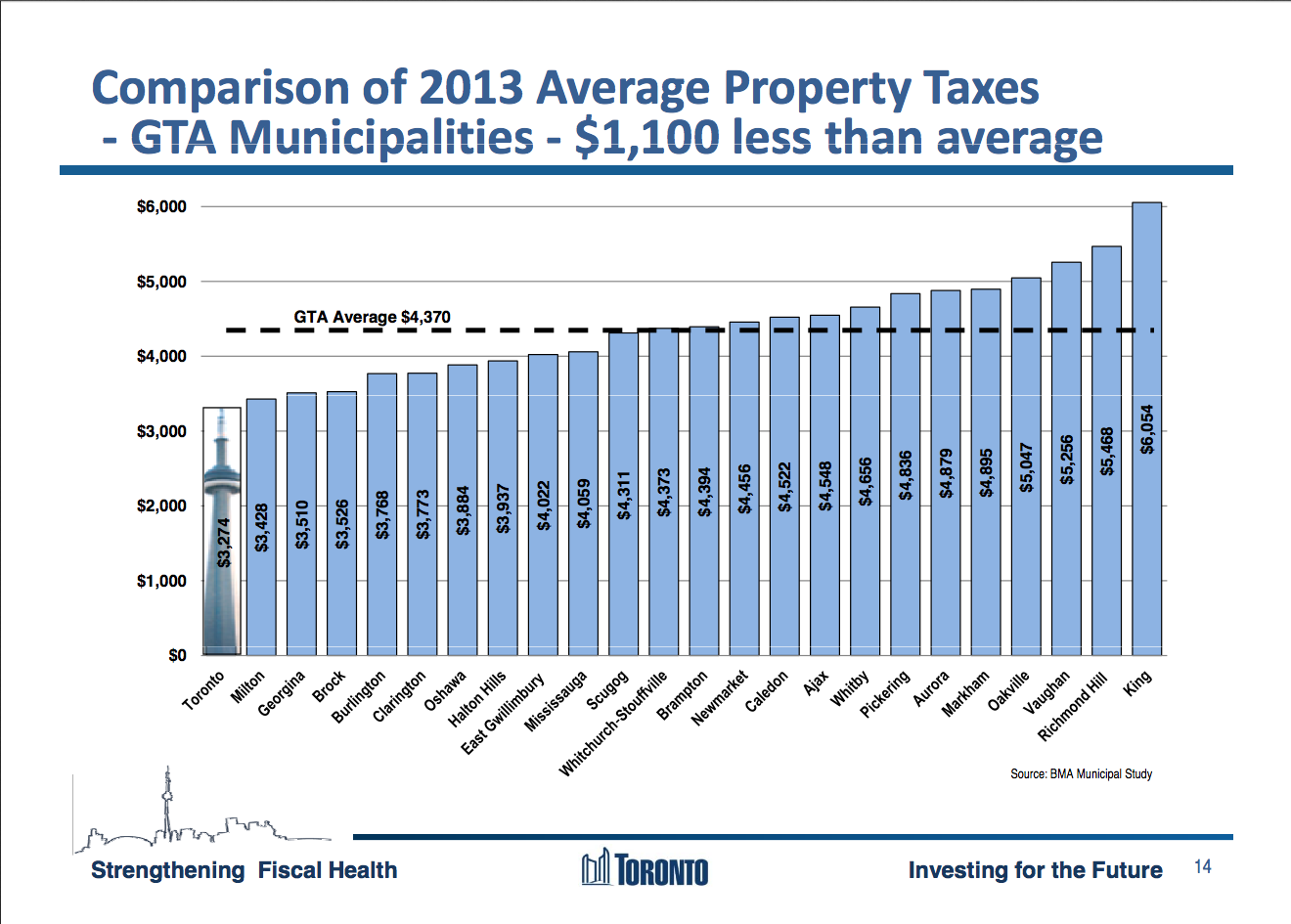The Numbers Game Continues
The Numbers Game Continues

"Every time winter's extreme cold claims a life, we have failed the homeless" wrote Leilana Farha, as the title of an article in the Guardian in 2015. Farha is the UN Special Rapporteur on Housing and lives in Ottawa.
Failure for Toronto's homeless are unfortunately on the horizon again for Toronto's 2016 years budget.
Forty-three homeless people died in Toronto in 2015, their names added to a memorial that now stands just shy of 800. 2016 has already seen people die.
Toronto's response to homeless deaths has changed dramatically since the previous administration thanks to housing advocates, media pressure and a more responsive City council.
Two years ago, after repeated pressure by feminist housing advocates, the City finally funded a new women's shelter. Last year, about 180 shelter beds were opened for adults and youth including a shelter for LGBQT2S youth and two drop-in centres for women.
Emergency warming centres have been included for the 2016 budget which would keep two homeless drop-in centres open 24 hours a day for January and February. A 'Housing First' pilot program is also funded aimed at getting long-time shelter users out of the system and into housing.
But closer examination reveals that these are both short-term funding projects. Instead of being included in the budget permanently, these projects are being paid for with one-time money, meaning they will be cancelled in 2017 (updated: money for the shelters in 2017 has now been added).
The situation is even more bleak for the shelter system as a whole. Fifty-nine shelter locations across the City have been collectively operating at or above 100%, even though council passed a motion (without money) to reach a 90% occupant target. Forty-nine of these shelters had a funding freeze last year (updated: they have recevied an uincrease this year).
While new shelters and beds have been added in recent years, a number of shelters are scheduled to be relocated putting pressure on an already bursting system.
According to a City staff report in March of 2015, "At least one other shelter will need relocation this year [2015] as a result of their leased property being sold. Two other shelters may require relocation due to unsuitable conditions and poor state of repair of facilities.
"In summary, over the next few years, a total of six shelters will have to relocate, barring any unforeseen circumstances at other shelter locations. All will need assistance to find new space, or the shelter beds will have to be otherwise replaced."
While the situation remains bad on the shelter front (despite some positive developments), the situation is even worse for affordable housing.
Programs aimed at building or operating affordable housing are small in the City and have been hemorrhaging Federal and Provincial money in recent years.
A summary of the situation in the Torontoist pointed out that, "Between 2013 and 2017 the City is spending an extra $162 million to replace the loss of $113 million funding from the Province, and $48 million from the federal government."
Many housing advocates within and around City Hall are privately hoping that promised money from the Federal Liberals during last years campaign will start to flow to affordable housing. But nothing has been committed and there are concerns that the $20 billion promised might not be enough to cover all municipalities along with the other fund priorities: seniors’ residences, child care, and other infrastructure.
Meanwhile at the City, after a much-lauded Poverty Reduction Strategy passed council unanimously, funding the actual strategy (to ensure it remains more than a fancy press-release), has hit a number of stumbling blocks.
Community groups who participated in consultations aimed at reducing poverty and homelessness in the City recommended a large basket of small programs that would add around $75 million to the City's $10 billion budget.
A number of these have failed to make it into the current budget, including building 2000 affordable units, 1000 units of supportive housing, thousands of rent supplements and a host of other housing programs.
Prospects for these items being included in the budget remain weak despite the strong need.
Mayor John Tory has endorsed both the creation and funding of the poverty reduction strategy publicly. Unfortunately, he's also publicly committed to keeping tax increases to around inflation even though taxes have not kept pace with inflation since the late 1990's. Toronto tax rates remain the lowest in the region.
Though Torontonians preferred to pay up an average of 5.15% tax increase for needed services in the largest public budget consultation in the City's history, the public choice remains off the table.
Instead a basket of other taxes are being floated by members of the press and budget committee. Development charges - the money charged to developers for increased pressure on city infrastructure like sewers and roads - have remained ridiculously low compared to municipalities like Brampton, despite a golden age of development, soaring profits for developers and repeated budget crunches. Councillors are also talking about increasing the Land Transfer Tax, though opposition amongst the real estate lobby (who is also a major political donor) remains strong.
Other taxes have also been floated in the press including the reinstatement of the vehicle registration tax, tobacco, entertainment, alcohol and commercial parking taxes and toll roads.
In the end, increasing revenue to pay for services can not come sooner for those in Toronto dying on the streets or paying escalating rents and TTC fares.
Farha wrote a second article in the Guardian in December of last year. The title was "Homeless people are not cockroaches or vermin – they are human and have rights."
Past Analysis of the City of Toronto Budget:
Numbers Game - 2011
Still a Numbers Game - 2014

